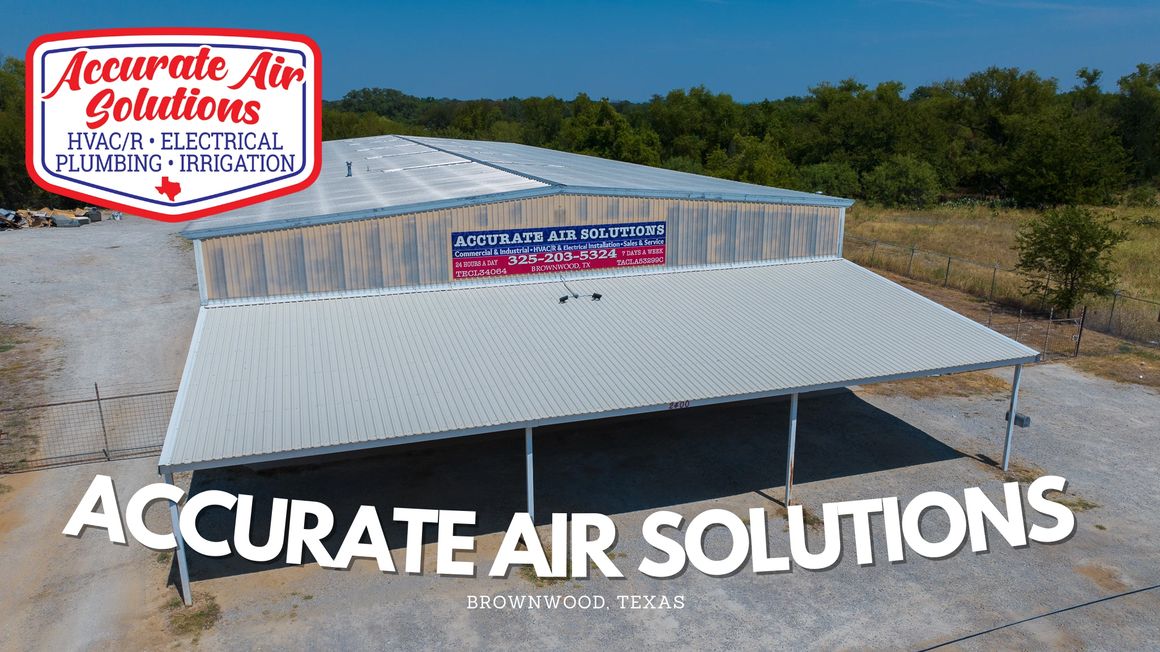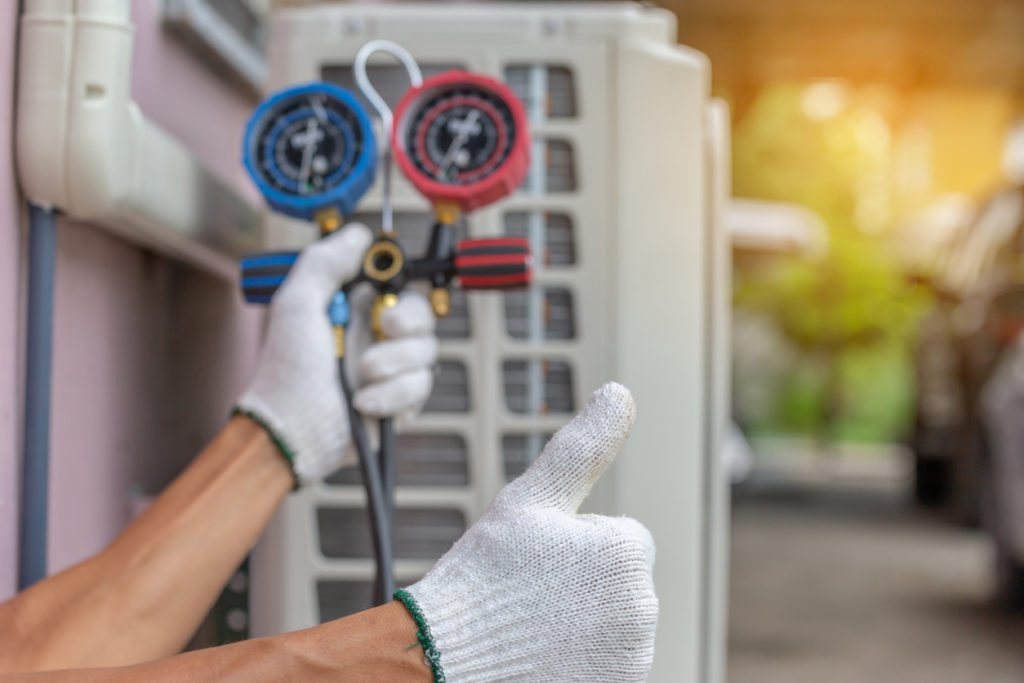How a Skilled Electrician in Brownwood TX Can Improve Your Property's Security
The Importance of Heating And Cooling Setup: Trick Factors To Consider for a Comfy Indoor Environment
The installment of a Cooling and heating system is a vital element in accomplishing an energy-efficient and comfy indoor environment. Aspects such as the viability of the system for certain building requirements, proper sizing to circumvent inadequacies, and the experience of service providers for a quality installation play pivotal duties. The fostering of sophisticated technologies can significantly boost system efficiency.
Choosing the Right System

When picking a cooling and heating system, it is vital to review the capability needed to properly heat or cool down the room without overworking the system, which can result in enhanced wear and functional costs. Consulting with an expert a/c professional can provide useful insights into picking a system that aligns with both the awaited use and the architectural design patterns of the structure.
Additionally, taking into consideration the assimilation of smart modern technology can boost system management and monitoring, offering greater control and potential cost savings. By meticulously evaluating these elements, one can guarantee the selection of a heating and cooling system that not only meets prompt needs but also adds to lasting functional sustainability and passenger convenience.
Recognizing Power Performance
Understanding power efficiency is crucial when thinking about a Heating and cooling installation, as it directly influences both the environmental impact and the functional prices of the system. The performance of a Heating and cooling system is typically suggested by scores such as SEER (Seasonal Energy Effectiveness Proportion) for air conditioners or AFUE (Yearly Gas Usage Effectiveness) for heaters.

Purchasing an energy-efficient HVAC system not only translates to cost savings yet likewise contributes favorably to environmental preservation by reducing greenhouse gas emissions. Furthermore, lots of jurisdictions supply rewards or discounts for the installment of high-efficiency systems, further boosting their financial appeal.
When evaluating power effectiveness, think about advanced functions such as variable rate motors, clever thermostats, and zoning abilities. These advancements enhance the system's ability to get used to varying demand, consequently enhancing power use. It is critical to seek advice from with heating and cooling professionals that can supply insights right into the very best alternatives tailored to specific environment conditions and use patterns, making certain maximum performance and comfort.
Importance of Appropriate Sizing

Conversely, a small cooling and heating system will certainly battle to get to the preferred temperature, especially throughout severe weather. This can result in continuous procedure, bring about greater power prices and prospective overheating of system elements. Furthermore, insufficient sizing can cause inconsistent temperature level circulation, causing specific areas of a building to be as well trendy or too warm.
To accomplish this website the correct sizing, a detailed lots calculation is necessary. This includes evaluating different factors such as the building's square video footage, insulation degrees, window kinds, and neighborhood climate problems. By accurately establishing the heating and cooling down needs of a space, heating and cooling specialists can recommend systems that ensure efficient operation, decreased power consumption, and improved interior convenience.

Making Certain Top Quality Installation
A smooth Heating and cooling installment is the keystone of a system's durability and efficiency. This expert need to possess thorough knowledge of diverse systems web and be skilled at examining the particular demands of the structure.
Correct installation goes past simple positioning of tools. It includes accurate calibration to make sure optimum air movement, reliable energy usage, and consistent temperature distribution. This includes precise ductwork installment, making sure links are safe and leak-free, which is crucial for keeping system efficiency and interior air quality.
Additionally, the application of sophisticated diagnostic tools throughout installment can find possible problems early, avoiding expensive fixings and extending the life expectancy of the system. The service provider must additionally make certain that all elements are suitable which the system conforms with local building regulations and guidelines.
Regular Maintenance Practices
When the foundation for a high-performing cooling and heating system is developed with quality installation, the emphasis should change to regular upkeep techniques to ensure ongoing efficiency and reliability. Regular upkeep not just extends the life expectancy of the system yet likewise boosts interior air top quality, decreases energy intake, and stops pricey fixings. Essential upkeep jobs consist of frequently transforming air filters, cleansing evaporator and condenser coils, and examining the system for obstructions or leakages.
This straightforward job can substantially enhance air circulation and system effectiveness. In addition, expert service technicians need to check the system yearly, checking for cooling agent levels, electric links, and overall system performance.
Attention to ductwork is likewise essential; sealing and cleansing ducts frequently protects against air loss and contamination. Executing an upkeep timetable ensures that small concerns are addressed before they intensify, securing the system's operational integrity. By adhering to these upkeep techniques, homeowners can optimize their a/c system's capability and keep a comfortable interior environment year-round.
Final Thought
HVAC setup try here plays a vital duty in ensuring indoor comfort and enhancing energy efficiency. emergency ac service Brownwood TX. By choosing a suitable system tailored to certain structure requirements, understanding energy efficiency, and making sure right sizing, ineffectiveness can be lessened. The involvement of knowledgeable service providers warranties quality installation, while the combination of innovative technologies boosts system performance and surveillance. Normal maintenance is vital for prolonging system lifespan and enhancing indoor air quality, thereby fostering a lasting and comfy living or functioning atmosphere.
Numerous types of A/c systems are available, including split systems, crossbreed systems, duct-free systems, and packaged home heating and air systems, each with unique benefits and limitations.
Recognizing energy efficiency is crucial when thinking about a Cooling and heating setup, as it straight impacts both the environmental impact and the operational prices of the system. The efficiency of an A/c system is typically suggested by rankings such as SEER (Seasonal Energy Effectiveness Proportion) for air conditioners or AFUE (Annual Gas Usage Performance) for furnaces (emergency ac service Brownwood TX).As soon as the structure for a high-performing Cooling and heating system is established through quality setup, the focus must change to regular maintenance techniques to guarantee continued performance and integrity. In addition, expert service technicians ought to check the system annually, checking for refrigerant degrees, electric links, and general system efficiency